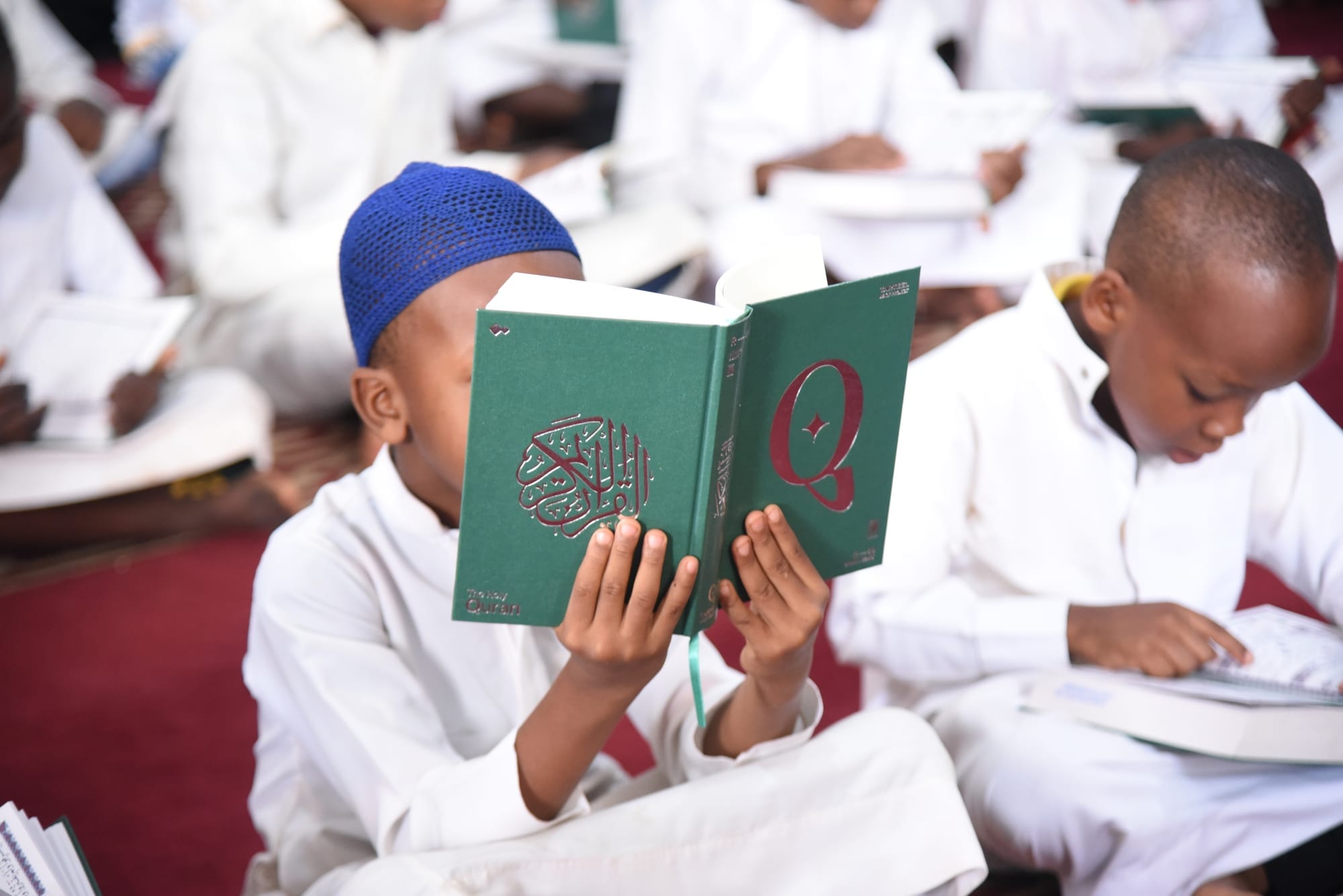Dhul Hijjah, the twelfth and final month of the Islamic lunar calendar, is a period brimming with spiritual significance and rich historical roots. For Muslims worldwide, it marks the sacred period of Hajj in which millions make an annual pilgrimage to Makkah, and is followed by the celebration of Eid al-Adha. As we approach Dhul Hijjah 2024, we're diving into its historical context, the rituals of Hajj, and practical tips to fully embrace this sacred time which contains 'the best 10 days of the year' inshaAllah.
What is Dhul Hijjah?
Dhul Hijjah has been venerated since the time of Prophet Ibrahim AS, who is central to its observances. The Quran recounts his unwavering faith and obedience to Allah SWT, exemplified by his willingness to sacrifice his son, Ismail, as an act of submission to his Lord. Allah spared Ismail, providing a ram in his place, a moment commemorated during Eid al-Adha.
And proclaim to the people the Hajj [pilgrimage]; they will come to you on foot and on every lean camel; they will come from every distant pass. Surah Al-Hajj (22:27)
The story of Ibrahim AS as the sacrafice can also be found in Surah As-Saffat (37:102-107).
When is Dhul Hijjah 2024?
This year, the first 10 days of Dhul Hijjah 2024 could begin on the 7th June 2024. Following this, the 9th of Dhul Hijjah - better known as the Day of Arafat - would be on 15th June and the 10th Dhul Hijjah (Eid al Adha) on 16th June. It's important to note that all dates are provisional and subject to the sighting of the moon!
The Hajj Pilgrimage
Hajj is one of the Five Pillars of Islam, obligatory for all Muslims who are physically and financially able to perform it at least once in their lifetime. The pilgrimage occurs from the 8th to the 12th of Dhul Hijjah and includes several key rituals that symbolize unity, humility, and submission to Allah.
- Ihram: Pilgrims enter a state of spiritual purity, marked by wearing simple white garments. This state emphasizes the equality of all pilgrims before Allah SWT and is sanctimonious in every sense.
- Tawaf: Pilgrims circle the Kaaba seven times in a counter-clockwise direction. This act of circumambulation represents the unity of believers in the worship of One God.
- Sa’i: Pilgrims walk seven times between the hills of Safa and Marwah, reenacting Hajar’s search for water for her son, Ismail.
- Arafat: On the 9th of Dhul Hijjah, pilgrims gather on the plain of Arafat for a day of standing in prayer and reflection, seeking Allah’s forgiveness. This is the pinnacle of Hajj, known as the Day of Arafah.
- Muzdalifah and Mina: Pilgrims collect pebbles at Muzdalifah to perform the ritual of stoning of the devil, in Mina. This act symbolizes the rejection of evil.

How to Make the Most of The Best Ten Days
The first ten days of Dhul Hijjah are regarded as the most sacred days of the year. The Prophet Muhammad PBUH said:
“There are no days on which righteous deeds are more beloved to Allah than these ten days” (Bukhari).
During these days, Muslims are encouraged to engage in various acts of worship, including fasting, prayer, charity, and recitation of the Quran. Fasting on the Day of Arafah, for those not performing Hajj, is particularly recommended.
“Fasting the day of Arafah expiates the sins of the past year and the coming year” (Muslim).
Eid al-Adha
Eid al-Adha, known as the Eid of sacrafice, is celebrated on the 10th day of Dhul Hijjah. It commemorates Ibraham’s willingness to sacrifice his son in obedience to Allah. Muslims around the world observe this festival by performing the Qurbani, the ritual sacrifice of an animal, typically a sheep, goat, cow, or camel. The meat is distributed among family, friends, and the needy, reflecting the spirit of charity and community.
Your Dhul Hijjah To-Do List
- Spiritual Preparation: Begin with sincere intention and make dua (prayer) for a spiritually enriching experience. Engage in additional prayers, recitation of the Quran, and acts of charity.
- Health Precautions: If performing Hajj, ensure you are physically fit. Stay hydrated, follow health guidelines, and make sure all necessary vaccinations are up to date.
- Charitable Acts: Increase your charitable efforts. The first ten days are an excellent time to give Zakat (obligatory charity) and Sadaqah (voluntary charity), supporting those in need and earning greater rewards.
- Community Engagement: Participate in local religious activities, such as communal prayers and study circles. Supporting each other in worship enhances the collective spiritual experience.
- Fasting: Try to fast during the first nine days, particularly on the Day of Arafah, to maximize spiritual benefits and seek Allah’s forgiveness.
- Plan Your Qurbani: If you’re observing Eid al-Adha, plan your Qurbani in advance. Ensure the sacrifice is done ethically and the meat is distributed fairly among family, friends, and the less fortunate.
- Reflect and Renew: Use this time for self-reflection and renewal of faith. Assess your spiritual journey over the past year and set goals for the coming year to improve your connection with Allah.
Dhul Hijjah offers a unique opportunity for Muslims to deepen their faith and engage in acts of worship that bring immense rewards. Whether embarking on the Hajj pilgrimage or observing the sacred month from home, this period is a time for increased devotion, charity, and community bonding. Embrace the blessings of Dhul Hijjah and let its teachings enrich your life, guiding you towards greater spiritual fulfillment and closer proximity to Allah.
This comprehensive guide aims to equip you with historical context and practical advice to make the most of Dhul Hijjah 2024. May your efforts be accepted, and may you find peace and blessings in this sacred month.





